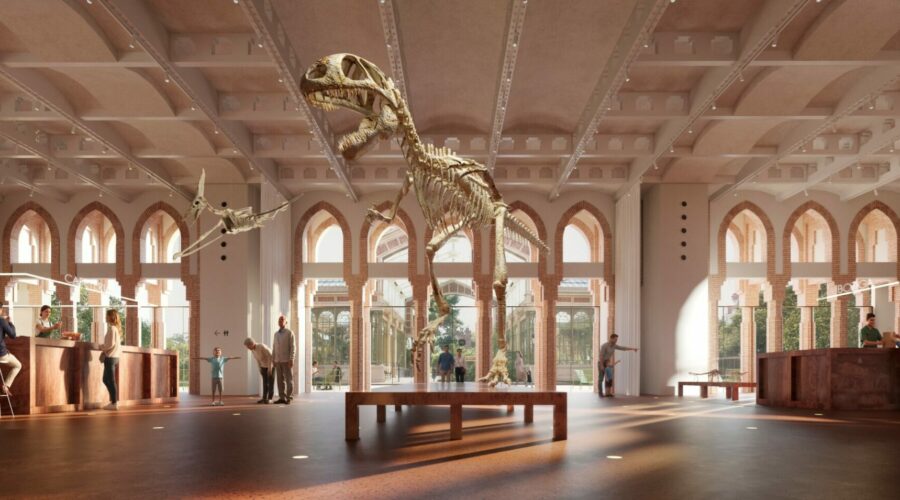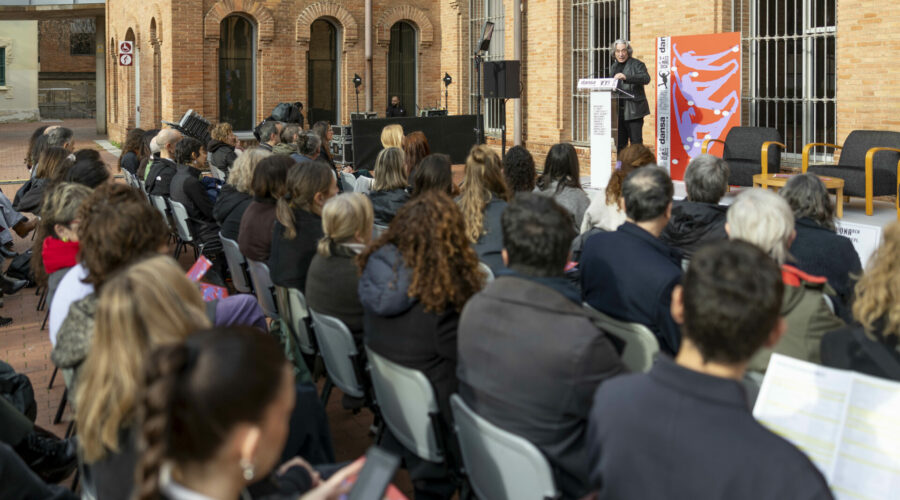
The Barcelona City Council has announced an ambitious project that seeks to significantly improve conditions in the city’s public schools. The Barcelona School Climate Plan aims to install air conditioning and heating systems in all public schools.
At the same time, it seeks to implement sustainable technologies, such as photovoltaic panels and aerothermal energy, to generate clean energy in these educational centers. All this will be financed through the municipal surcharge on the tourist tax, with a total investment of 100 million euros until 2029.
This project, announced by Barcelona Mayor Jaume Collboni, represents a major commitment to improve the quality of education and the comfort of students and teaching staff in the city.
It also has a clear focus on the decarbonization of the city, a fundamental goal to address the challenges of climate change.
Air-conditioned and sustainable classrooms with the Barcelona School Climate Plan
One of the main goals of the Plan is the air conditioning of Barcelona’s public schools. This involves the installation of air conditioning and heating systems in 170 educational centers, including 148 primary schools, three special education schools, three municipal high schools and 16 secondary schools.
The estimated investment to carry out this air conditioning system amounts to 17 million euros per year and will be maintained until 2029.
School air conditioning is essential to create appropriate learning environments. Temperature extremes can negatively affect the concentration and well-being of students and teachers, so having adequate heating and air conditioning systems is a necessary investment.
Clean energy generation in public schools
The School Climate Plan also focuses on clean energy generation in public schools. To achieve this, the installation of photovoltaic panels and aerothermal systems in educational centers is planned.
These technologies make it possible to take advantage of renewable energy sources to meet part of the schools’ energy needs, thus reducing their carbon footprint and contributing to the fight against climate change.
The solar energy captured by the photovoltaic panels can be used to power electrical systems, lighting and heating in schools.
On the other hand, aerothermal energy uses heat from the air or ground to provide efficient and environmentally friendly heating and domestic hot water. These technologies not only reduce the long-term operating costs of schools, but also promote more sustainable practices.
Financing through the Tourist Tax
This innovative approach uses the revenue generated by tourism in Barcelona to improve conditions in public schools and promote environmental sustainability. The investment of 100 million euros through 2029 will enable the city to modernize its educational infrastructure.



